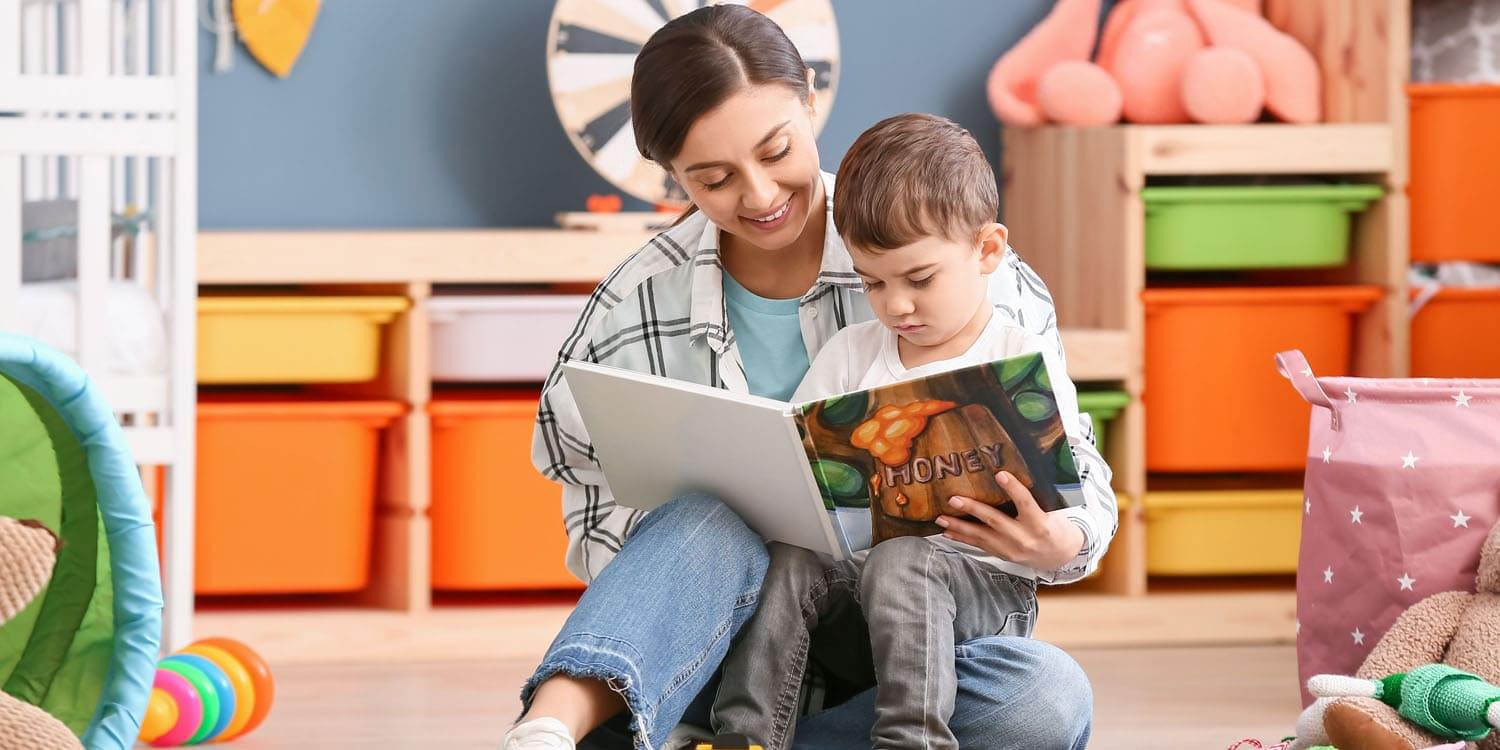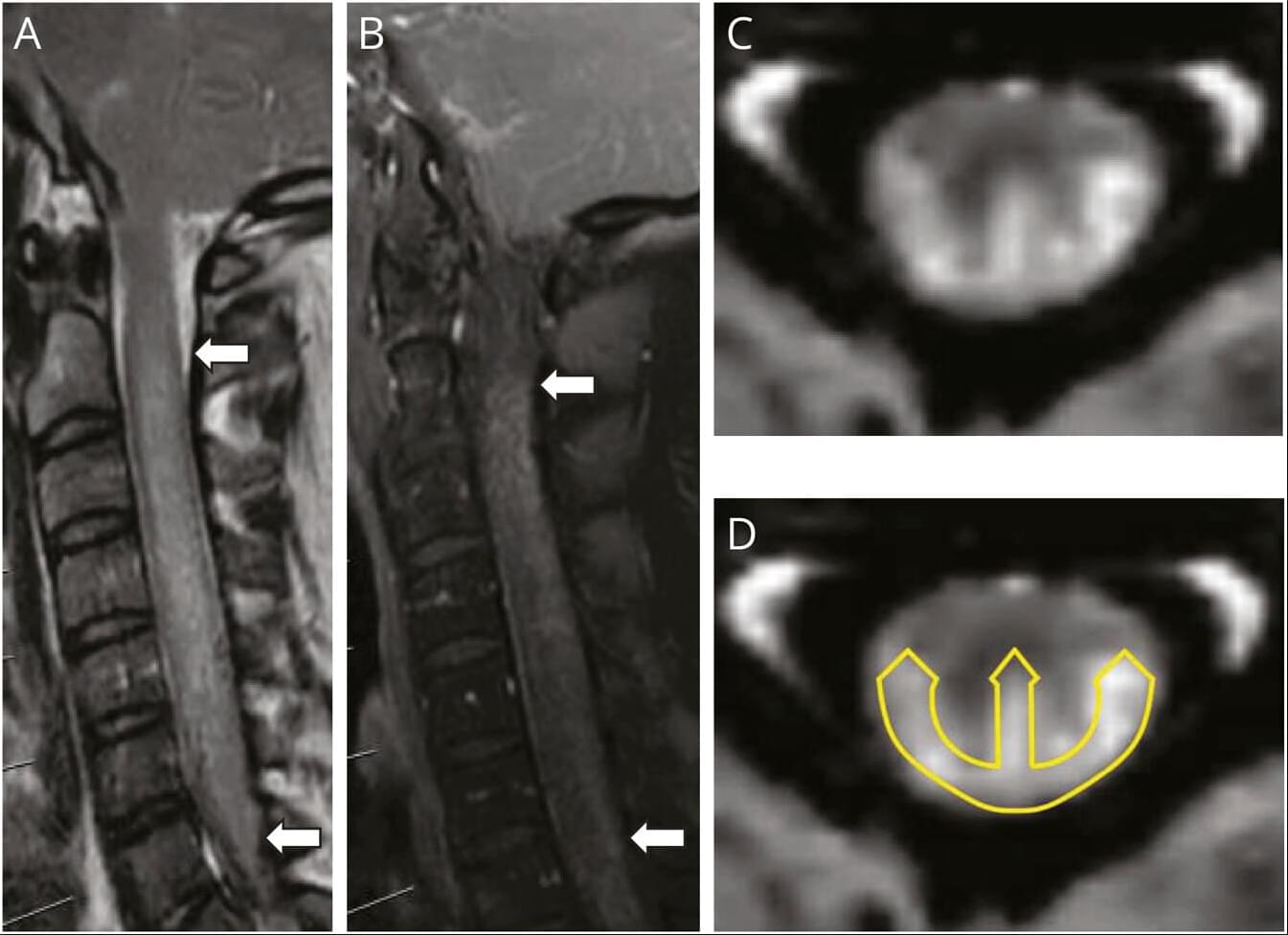A new analysis finds that replacing time on digital devices with shared reading improves language and emotional development, even when compared to educational apps.




A global research team led by researchers from the University of Kentucky Martin-Gatton College of Agriculture, Food and Environment has found that Antarctica’s only native insect is already ingesting microplastics, even in one of the planet’s most remote regions.
The study, published in the journal Science of the Total Environment, is the first to examine how microplastics affect an Antarctic insect and to document plastic pieces inside wild-caught midges.
Jack Devlin, who led the work back in 2020 as part of his Ph.D. before moving to Scotland to work as a marine ornithologist, said the project started after a documentary on plastic pollution left him stunned.
The 2026 Timeline: AGI Arrival, Safety Concerns, Robotaxi Fleets & Hyperscaler Timelines ## The rapid advancement of AI and related technologies is expected to bring about a transformative turning point in human history by 2026, making traditional measures of economic growth, such as GDP, obsolete and requiring new metrics to track progress ## ## Questions to inspire discussion.
Measuring and Defining AGI
🤖 Q: How should we rigorously define and measure AGI capabilities? A: Use benchmarks to quantify specific capabilities rather than debating terminology, enabling clear communication about what AGI can actually do across multiple domains like marine biology, accounting, and art simultaneously.
🧠 Q: What makes AGI fundamentally different from human intelligence? A: AGI represents a complementary, orthogonal form of intelligence to human intelligence, not replicative, with potential to find cross-domain insights by combining expertise across fields humans typically can’t master simultaneously.
📊 Q: How can we measure AI self-awareness and moral status? A: Apply personhood benchmarks that quantify AI models’ self-awareness and requirements for moral treatment, with Opus 4.5 currently being state-of-the-art on these metrics for rigorous comparison across models.
AI Capabilities and Risks.

Podcast with Chuck Brooks, Adjunct Professor at Georgetown University and President of Brooks Consulting International — Quantum Computing Report.
Overview In this episode of The Quantum Spin by HKA, host Veronica Combs discusses the intersections of quantum technology and cybersecurity with Chuck Brooks, an adjunct professor at Georgetown University and the president of Brooks Consulting International. Chuck discusses how the evolution of technology, particularly AI and quantum computing, has dramatically transformed cybersecurity. The conversation also touches on the role of CISOs, the integration of new technologies, and the importance of ongoing education and adaptation in the face of rapidly changing technologies. 00:00 Introduction to Quantum Spin Podcast00:34 Guest Introduction: Chuck Brooks00:46 Chuck Brooks’ Career […].

The Letters section represents an opportunity for ongoing author debate and post-publication peer review. View our submission guidelines for Letters to the Editor before submitting your comment.

“This moves the conversation beyond anecdotes and self-reports to real-world behavior,” said Dr. Jason Nagata.
How much time during school hours do teens spend on social media? This is what a recent study published in JAMA hopes to address as a team of researchers investigated connections between adolescent phone use during school. This study has the potential to help researchers, academic administrators, students, and parents become aware of the connections between adolescent phone use and all-around health.
For the study, the researchers analyzed data regarding smartphone app usage during school hours from 640 adolescents aged 13–18 through software installed on their phones that was approved by all participants and their parents. The goal of the study was to ascertain phone app usage during school hours, with data being obtained from September 2022 to May 2024. In the end, the researchers found that teens spent about 1.16 hours each school day on smartphones, mostly using social media apps, with higher use among older students and those from underprivileged households.
Questions to inspire discussion.
🤖 Q: How quickly will AI and robotics replace human jobs? A: AI and robotics will do half or more of all jobs within the next 3–7 years, with white-collar work being replaced first, followed by blue-collar labor through humanoid robots.
🏢 Q: What competitive advantage will AI-native companies have? A: Companies that are entirely AI-powered will demolish competitors, similar to how a single manually calculated cell in a spreadsheet makes it unable to compete with entirely computer-based spreadsheets.
💼 Q: What forces companies to adopt more AI? A: Companies using more AI must outcompete those using less, creating a forcing function for increased AI adoption, as inertia currently keeps humans doing AI-capable tasks.
📊 Q: How much of enterprise software development can AI handle autonomously? A: Blitzy, an AI platform using thousands of specialized agents, autonomously handles 80%+ of enterprise software development, increasing engineering velocity 5x when paired with human developers.
Energy and Infrastructure.
Can humans live for thousands of years? New DNA and longevity research suggests that aging may not be fixed—it may simply be the result of imperfect cellular repair. In this video, we explore how DNA damage, genetic repair mechanisms, and modern longevity science are reshaping our understanding of human lifespan.
This content is based on current research from USA and Europe, focusing on emerging breakthroughs in genetics, DNA repair therapies, and anti-aging science.
If you’re interested in health, biology, or the future of human longevity, this video is for you.
Disclaimer:
This video is for educational purposes only, is not intended to diagnose, treat, or cure any condition, and does not replace professional medical advice. Always consult a qualified healthcare provider for guidance related to your health.
#LongevityScience.
#DNARepair.
#AntiAging.
#GeneticsResearch.
#HealthFacts.
#BioLogicHealth.
#ScienceExplained.
#HealthyAging

From work meetings to first dates, it’s essential to adjust our behavior for success. In certain situations, it can even be a matter of life or death. So how do we switch our behavior when situations change? Published in Nature Communications, neuroscientists describe the neural basis of behavioral flexibility in mice, with insights which may help us understand a wide variety of diseases and disorders, from addiction to obsessive compulsive disorder (OCD) to Parkinson’s disease.
“The brain mechanisms behind changing behaviors have remained elusive, because adapting to a given scenario is very neurologically complex. It requires interconnected activity across multiple areas of the brain,” explains a co-author. “Previous work has indicated that cholinergic interneurons—brain cells that release a neurotransmitter called acetylcholine—are involved in enabling behavioral flexibility. Here, we were able to use advanced imaging techniques to see neurotransmitter release in real time and delve into the fundamental mechanisms behind behavioral flexibility”
In their investigations, the researchers trained mice in a virtual maze, teaching them the correct route to receive a reward. They then switched the route, leading to an unexpected loss of reward for the mice, and observed the effects of this disappointing change using two-photon microscopy.